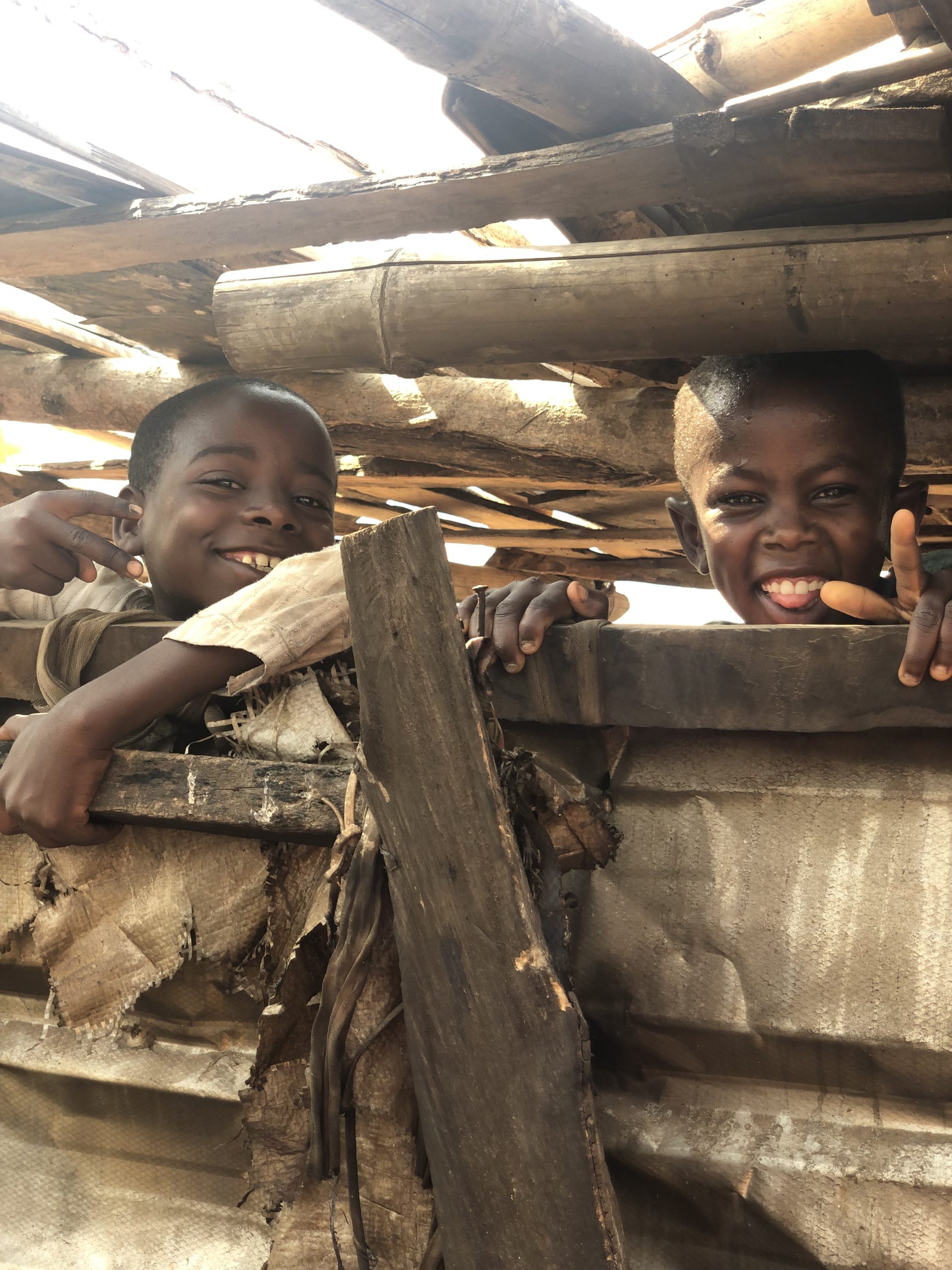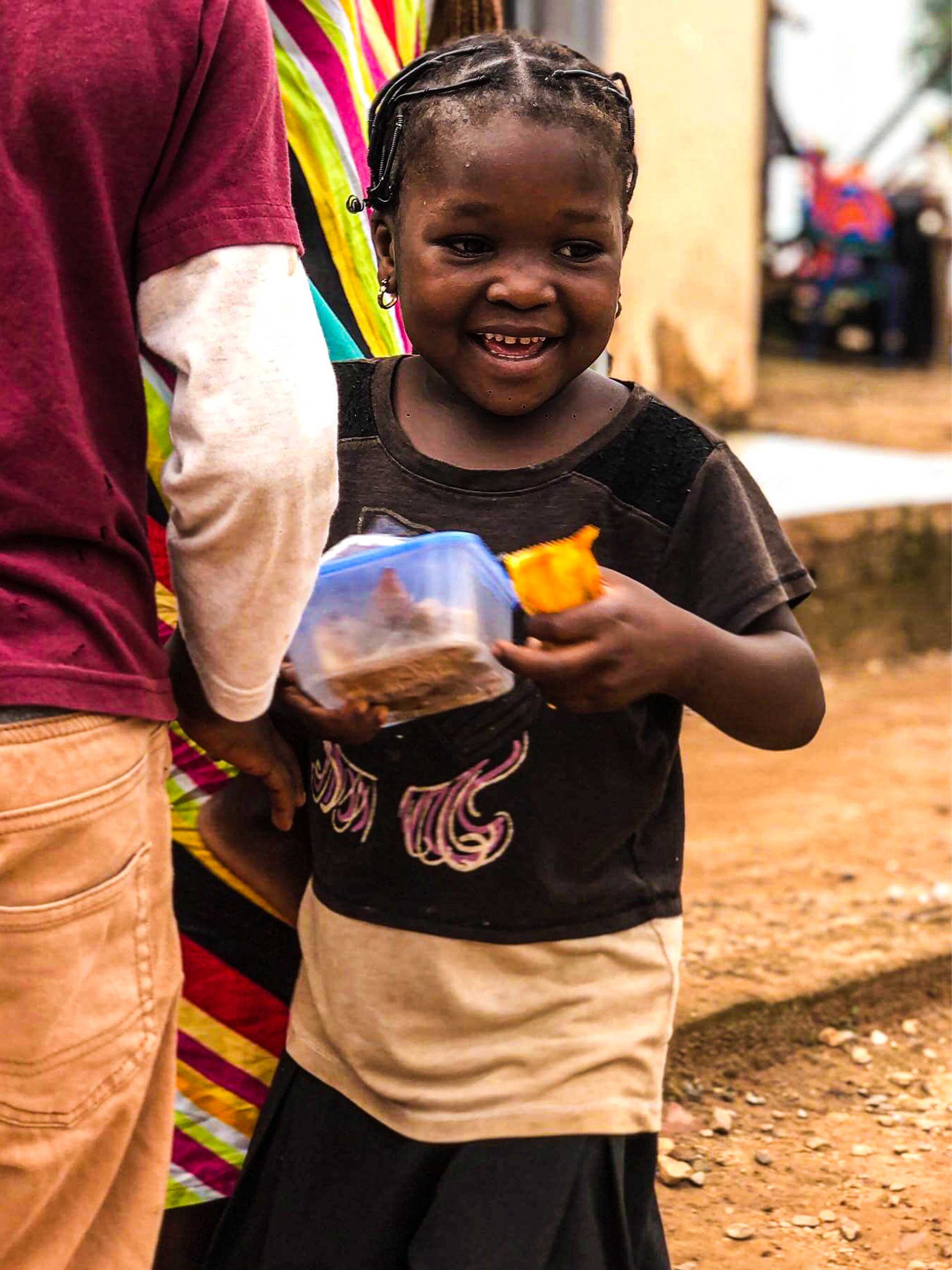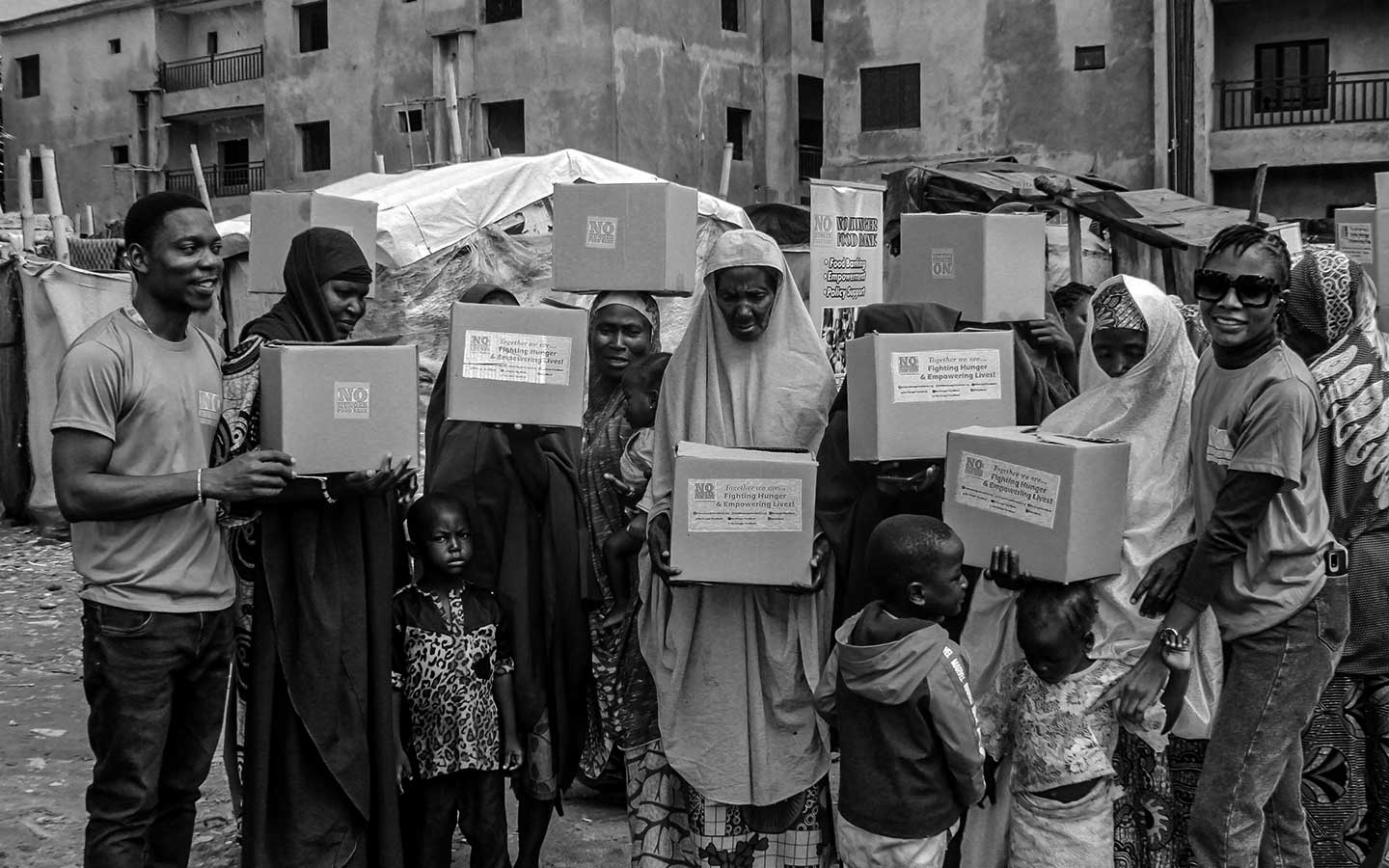Cause We Are Fighting For
There are many people struggling to feed their families in these uncertain times. The coronavirus pandemic has shifted the world’s attention to the deplorable health sector in many countries. However, enough attention has not been given to hunger pandemic, which is becoming apparent. It should be noted that Food supply is part of the immediate health response to COVID-19.

Research shows that 23% of people in Sub-Saharan Africa are undernourished.
According to the United Nations World Food Programme estimates, the number of people facing acute food insecurity as a result of the global economic fallout from COVID-19 could double this year to 265 million and much of that impact will be felt in Africa. With unemployment rates skyrocketing, it is crucial that vulnerable people have access to nutritious food.
COVID-19 will impact most marginalized children from low-income families if actionable measures are not put in place. The poorest and vulnerable households will bear the brunt, destroying the hopes of a generation of children. The socioeconomic impact of the pandemic will push many poor households to turn to desperate measures just to survive. Children could face increased risk of child labour or sexual exploitation or of child marriage, as families struggle to feed their families.

Few of the facts about hunger:
One-third of children under five are stunted. This statistic is particularly concerning because it is twice the rate of Thailand and three times the rate of Tunisia. Stunting in children is a common symptom of undernourishment and can only be alleviated with a steady supply of adequate food.
The insurgency in the country has led to many displaced people without access to food. The reign of the extremist group has left 8.5 million people in need of humanitarian assistance in Nigeria.
On top of the rates of displacement, 5.1 million Nigerians are malnourished. Being on the move makes food sources even less reliable.
The hunger pandemic should be a no-no in Nigeria, Africa and the world.

Global poverty and hunger are issues that affect all of us. Almost a billion people live on less than $1 a day and approximately half of the world population.
serves the highest-need, underserved, hard-to-reach families by directly distributing food in pre-packed boxes or at farmers’ market-style settings. Focusing on highly demanded items like fruits and other fresh produce.
#NoHungerFoodBank provides assistance for malnourished children, less privileged, nursing mothers and pregnant women through Fast and flexible mobile pantry Programmes etc.
In addition to making tough choices between buying food and medicine, our aged people face unique medical and mobility challenges that put them at a greater risk of hunger. This program meets the specific needs of the aged by providing balanced nutritious meals at their convenience.
provide free snacks and meals to low-income kids from highest-need, underserved, hard-to-reach families.
Food waste is a bigger problem than many people realize. Nearly one-third of all food produced in the world is discarded or wasted for various reasons. That equates to nearly 1.3 billion tons every year.
alleviates child hunger by providing food to low-income children from highest-need, underserved, hard-to-reach families. Studies reveal that having convenient, consistent, access to healthy foods helps ensure that children never have to worry about their next meal, which in turns make them healthier and happier.
In other words, malnutrition refers to deficiencies, excesses or imbalances in a person’s intake of energy and/or nutrients. At NoHungerFoodBank is on a mission to end malnutrition in any form.
When disaster strikes, we provide emergency food and disaster relief supplies to families and communities following a disaster.
















